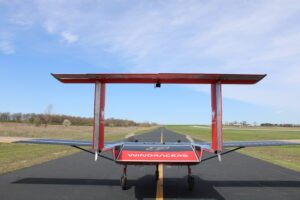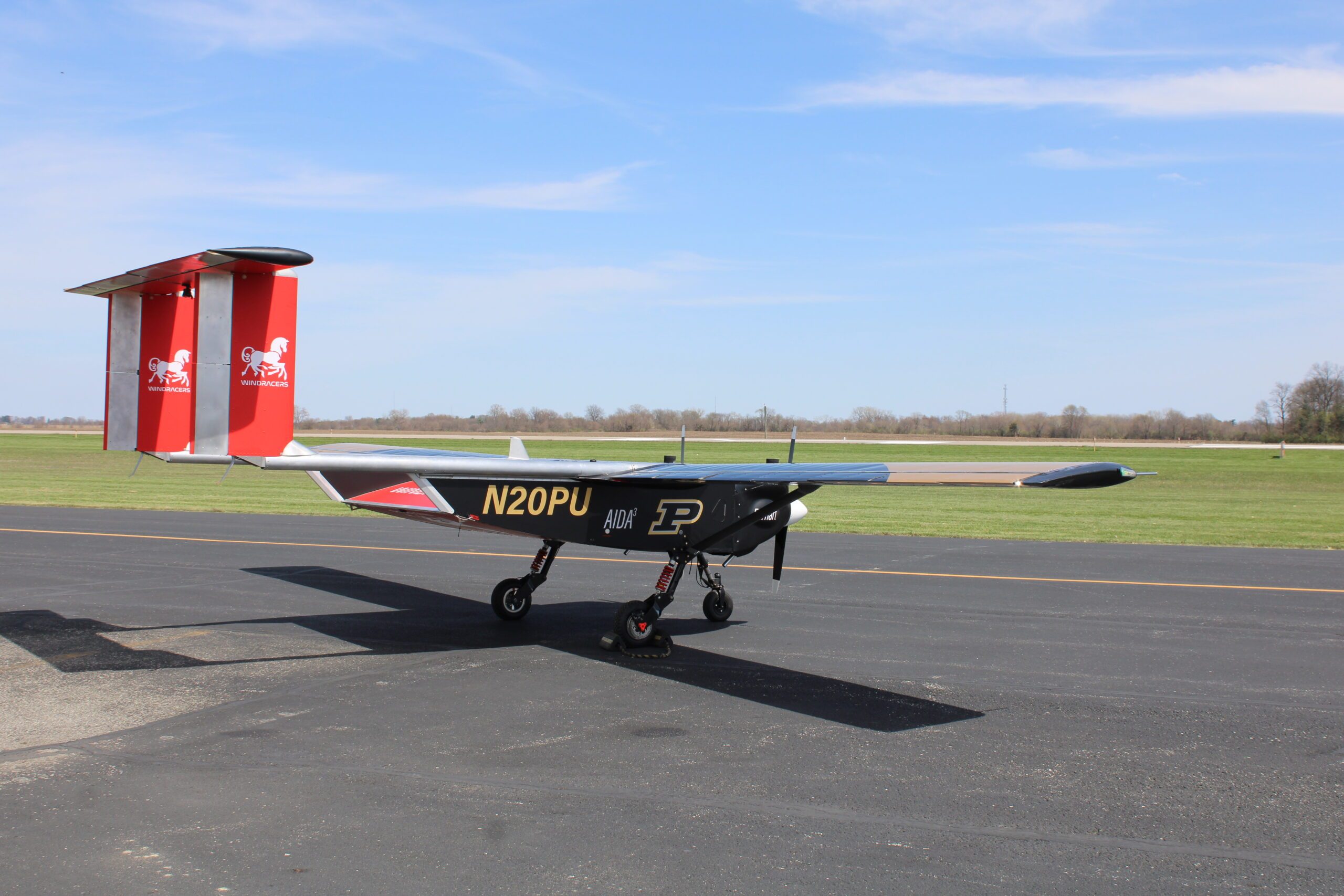 The first AI-focused aviation center at Purdue aims to revolutionize autonomous flying through advanced research and development.
The first AI-focused aviation center at Purdue aims to revolutionize autonomous flying through advanced research and development.
Windracers, a leader in autonomous air transport, has partnered with Purdue University to establish the world’s first research center dedicated to the advancement of artificial intelligence (AI) in aviation. The Center on AI for Digital, Autonomous and Augmented Aviation (AIDA3) was unveiled today, signifying a major step forward in the development and application of unmanned aerial vehicles (UAVs) and related technologies.
Founded in 2017, Windracers has been pivotal in reducing the costs associated with delivering humanitarian aid through its innovative design and manufacturing strategies. The company’s ULTRA UAV, known for its versatility and ease of maintenance, operates without a remote pilot using its proprietary Masterless autopilot system. The UAV is engineered for extreme environments, proving its reliability through extensive autonomous flights for various high-profile entities including the Royal Navy and the British Antarctic Survey.
Stephen Wright, Founder and Executive Chairman at Windracers, expressed his enthusiasm about the new initiative: “We are enormously excited to launch this pioneering AI center with Purdue University, a highly respected academic institution whose alumni include the first and most recent humans to step on the moon. Our ambition is to take another giant leap and revolutionize the aviation industry so that it is low cost and fully automated,” he stated.

AIDA3 will explore AI and machine learning (ML) applications in autonomous transportation, enhancing capabilities from demand analytics to real-time weather prediction. The center aims to improve the scalability and efficiency of self-flying aircraft operations, which could significantly impact commercial logistics and other sectors.
Sabine Brunswicker, AIDA3 director and Purdue professor, highlighted the current challenges and the center’s mission: Existing AI/ML models are not sufficiently reliable to close the loop from data to actions in the real-world that is safe, trustworthy, and scalable, she explained. “Currently, it can take 10 people to operate one UAV. It is time for one operator to be able to coordinate 100 UAVs at the same time. Our mission is to go beyond current AI/ML models where the potential benefits of smarter UAVs can be fully realized globally.”
The collaboration will also serve as an R&D anchor for Windracers in the US market, with the company providing two of its ULTRA UAVs for ongoing testing at Purdue University Airport—also known for being the research base of Amelia Earhart. These UAVs, named Earhart and Armstrong, will aid in practical testing and further development of autonomous flight technologies.
AIDA3 is part of Purdue’s Institute for Physical Artificial Intelligence (IPAI), which focuses on merging AI with the physical world to create innovative solutions.
Find more information on AIDA3 here.
Read more:
- Windracers ULTRA Autonomous Drone Begins Tests in the Antarctic: Drones for Environmental Research in Challenging Environments
- Windracers Funding: Cargo Drone Company Scores Third Round
- Former NASA Rocket Scientist Designs a Drone: and it Looks Totally Different than a Conventional MultiRotor

Miriam McNabb is the Editor-in-Chief of DRONELIFE and CEO of JobForDrones, a professional drone services marketplace, and a fascinated observer of the emerging drone industry and the regulatory environment for drones. Miriam has penned over 3,000 articles focused on the commercial drone space and is an international speaker and recognized figure in the industry. Miriam has a degree from the University of Chicago and over 20 years of experience in high tech sales and marketing for new technologies.
For drone industry consulting or writing, Email Miriam.
TWITTER:@spaldingbarker
Subscribe to DroneLife here.







[…] Miriam McNabb is the Editor-in-Chief of DRONELIFE and CEO of JobForDrones, a professional drone services marketplace, and a fascinated observer of the emerging drone industry and the regulatory environment for drones. Miriam has penned over 3,000 articles focused on the commercial drone space and is an international speaker and recognized figure in the industry. Miriam has a degree from the University of Chicago and over 20 years of experience in high tech sales and marketing for new technologies.For drone industry consulting or writing, Email Miriam. […]